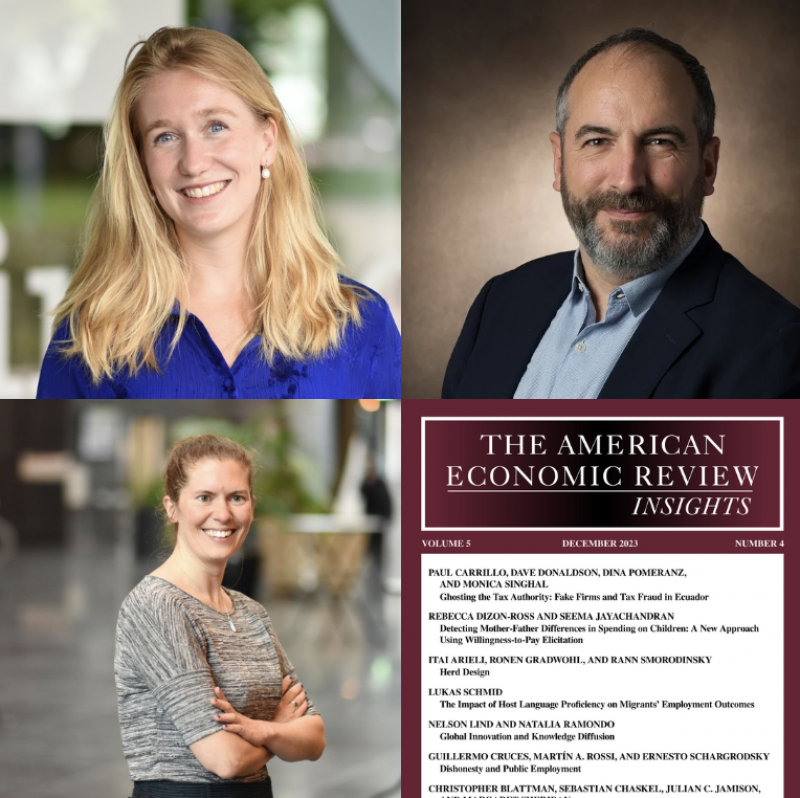Paper by Olivier Marie, Kyra Hanemaaijer and Nadine Ketel shows how “salience shocks”can influence judicial decision-making
A forthcoming American Economic Review: Insights paper by research fellows Oliver Marie (Erasmus University Rotterdam) and Nadine Ketel (Vrije Universiteit Amsterdam), and alumna Kyra Hanemaaijer (University of Gothenburg, Sweden), uncovers how a sudden surge in public attention toward Moroccan-Dutch individuals following the 2019 assassination of lawyer Derk Wiersum led to significantly harsher sentencing outcomes in the Netherlands’ criminal courts.

Their study titled 'Minority salience and criminal justice decisions' provides rare, data-driven evidence of how “salience shocks” (sudden increases in the public visibility of certain minority groups) can influence judicial decision-making when cognitive shortcuts replace impartial reasoning.
When public attention shapes justice
Using high-quality administrative data from Statistics Netherlands covering every stage of the criminal justice process, the authors analysed the aftermath of Wiersum’s assassination, which was widely linked in Dutch media to the so-called 'Mocro Maffia', a criminal network involving Moroccan-Dutch individuals.
Olivier explains: ‘Our results show that even in a modern, rule-based justice system, heightened attention toward a particular minority can subconsciously influence judicial decisions. It highlights the importance of awareness and training in mitigating bias during moments of societal tension’.
A broader European perspective
While studies of judicial bias have often focused on the United States, this research provides one of the first comprehensive analyses of such effects within a European criminal justice system. It demonstrates how ethnic and migrant backgrounds can shape outcomes, even in a context with strong institutional safeguards and norms of equality before the law.
Article Citation
Hanemaaijer, K., Ketel, N., and Marie, O., 'Minority salience and criminal justice decisions', American Economic Review: Insights, forthcoming, link to abstract.